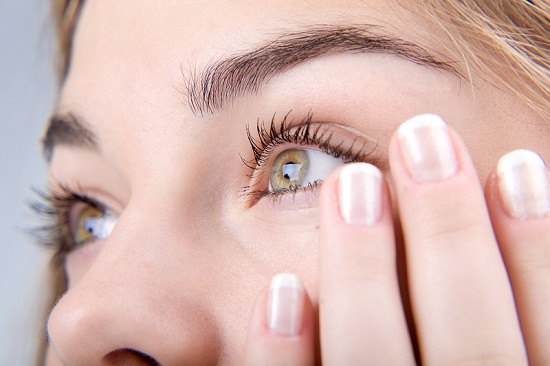Does Castor Oil Lighten Eye Color? Or is it a myth? This informative guide will clear this confusion once and for all!
The internet is rife with claims about the capabilities of natural remedies, and one such prevalent topic revolves around eye color alteration. Specifically, the question, “Does castor oil change eye color?” often pops up. The aim of this article is to dispel myths and provide scientifically backed information on the subject.
Can You Get Pink Eye from Farts? Learn here
What Determines Eye Color?
Eye color is chiefly determined by two primary factors:
- Amount of Melanin: The level of melanin present in the iris, the colored part of the eye, plays a significant role in determining eye color.
- Light Scattering: The way light interacts with the iris also contributes to the eye’s appearance.
Both of these elements are genetically determined, which explains why eye color varies from person to person. Common eye colors include blue, black, brown, green, and hazel.
Learn about Using Castor Oil for Beautiful Eyelashes here
Does Castor Oil Lighten Eye Color?
The straight answer to “Does castor oil change eye color?” is a resounding no. Despite widespread internet myths, castor oil does not have the ability to lighten or alter eye color in any way. Ophthalmologists like Dr. Dadapeer K warn against the practice, stating that it could lead to retina and iris damage. Furthermore, there is a lack of scientific studies to support the claim that castor oil can change eye color. Therefore, consult with a healthcare provider before putting any substance in your eyes.
How To Lighten Eye Color Naturally?
There are two ways to lighten eye color. They are:
1. Tinted Contact Lenses
Tinted contact lenses are the most popular temporary solution for altering eye color. They come in various types based on the degree of change desired:
- Visibility Lenses: High level of eye color lightening
- Enhancement Lenses: Moderate eye color lightening
- Opaque Lenses: Low eye color lightening
However, these lenses come with potential side effects such as watery eyes, itching, dryness, red eyes, corneal abrasion, and ptosis.
2. Cosmetic Iris Implant Surgery
For a more permanent solution, there’s cosmetic iris implant surgery. However, this option is not legal in the United States due to associated health risks. According to the American Academy of Ophthalmology, the surgery could lead to:
- Partial or complete vision loss
- Glaucoma
- Cataracts
- Swelling of the cornea
- Eye inflammation
Final Thoughts
In conclusion, the idea that castor oil can lighten or change eye color is a myth. Eye color is genetically determined and cannot be altered naturally. Importantly, the use of castor oil in the eyes is strongly discouraged due to the potential for severe eye damage. Always consult with medical professionals for accurate information and safe practices concerning eye care.

